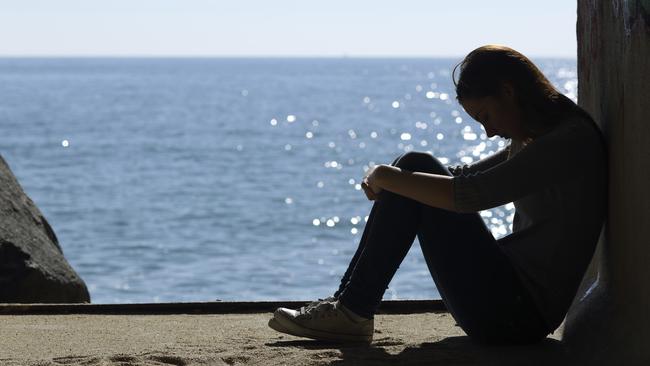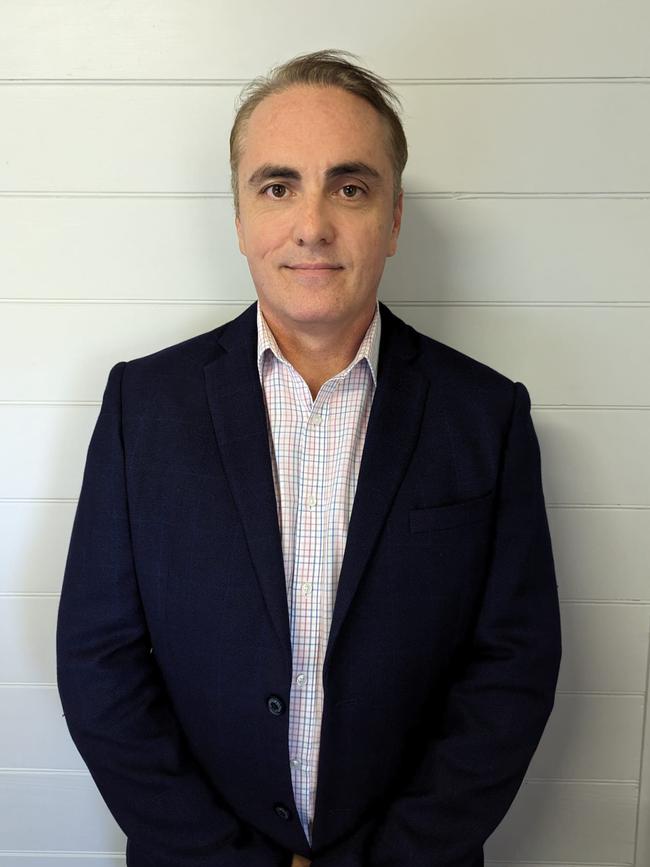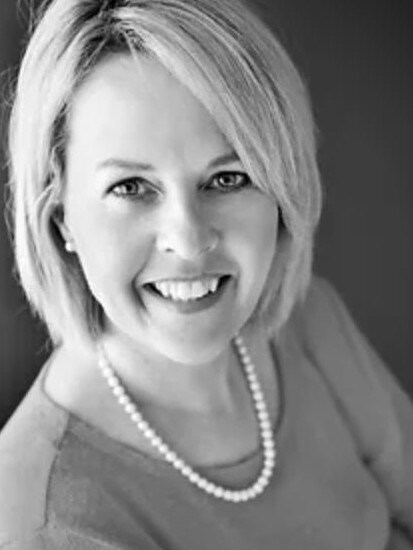Whitsunday psychologist explains why mental health professionals don’t stay
As waiting lists for mental health care grow and grow, psychologists are leaving a beautiful beach filled region in droves. But what’s stopping them from staying?

Whitsunday
Don't miss out on the headlines from Whitsunday. Followed categories will be added to My News.
Getting health care in the regions is getting harder as more doctors leave, medical practices shut down and waitlists grow — especially in mental health care.
But when you can’t even keep doctors working in the tropical paradise of the Whitsundays, there are deeper structural issues at play.
Psychologist Corey Lane runs his Bowen-based practice Adaptive Strategies, which also services clients in nearby Collinsville, but he’s had to seriously downgrade the services he offers after two members of his staff left the practice to go back to their hometowns in bigger cities.
Mr Lane had tried to alert the federal Minister to the mental health crisis in the Whitsundays last year, in a letter that outlined the need to provide incentives directed at mental health practitioners, as well as re-establish the 20 free sessions that Australians were offered during the Covid-19 pandemic. It has since been halved.
“In my letter I outlined all of their approaches and said, why this doesn’t work and doesn’t apply to our circumstances,” he said referring to the average salary for psychologists being higher in cities than in rural areas, giving practicians zero reason to move to the regions.
“They just sent back this bookie cutter type email, not addressing any of my issues.
“It was really disappointing.”

Stop taking referrals, three month waitlists
Mr Lane estimates that he has reduced his client base by 20 per cent, leaving him with no other option than hand over some of his clients, while the practice at times stops taking referrals altogether.
He said the current waitlist at his practice was at least three months, but that people realistically would wait even longer if they were on a waitlist for a GP, before they could be referred to a specialist.
The situation in Bowen is going to be worse now that Herbert Family Medical Centre is to shut, according to Mr Lane.

Down in Airlie Beach, Sybella Health psychologist Christine Franklin said waitlists could be about six weeks.
“This is tough on people who have made a decision to seek psychological help because, very often by that stage, a person will be at their lowest point,” she said.
Ms Franklin said people with acute mental health conditions would often be given the treatment they need by hospital staff, but that the difficulty was to provide to the majority of people “at risk” of mental health problems.
“We know that early intervention in mental health is effective and that the best outcomes for individuals are gained by preventing them getting really unwell in the first place,” she said.
Less workforce means less expertise
Mr Lane also said the lack of staff meant a lack of diversity in expertise.
Clients need to receive treatment that’s appropriate to their needs, and that on occasions some psychologists would decide not to take on a client, because they believe they don’t have sufficient expertise or training to help them.
“For example, I don’t feel confident enough to help someone with an eating disorder and I have to systematically refer them back to their GPs,” Mr Lane said adding that some psychologists decide not to take on clients that are underage.
The portrait of the average regional psychologist

Mr Lane, originally from Brisbane, found living in a small Whitsunday town was a good fit, as he’s no more than ten minutes from both his practice and his daughters’ school.
But the practician says this was rarely the case of other practicians, who had either left partners behind to come work for him, or had found it harder to find a partner in a small town.
“Allied health is female dominated, most of the people who end up doing what they need to do to become psychologists are young ladies in their mid-20s, with many who have partners, or married or kids or whatever it is,” Mr Lane said.
“So moving out of the metropolitan areas, where most of the universities are is a big ask.
“It’s not a big pool of people up here to potentially date, and it’s made even more complicated in psychology because we’ve got very strict ethical guidelines on dual relationships, which means that we need to have a certain degree of separation between clients and therapists.
“Because somebody that my staff might be dating is likely to be the cousin of a client they spent a lot of time with.”
But would incentives be reason enough for people to not only move to the area but stay long term?
Not even a $500,000 recruitment package part of the Remote Vocational Training Scheme Program at a Clermont medical practice had not been enough to retain the doctor that had taken the opportunity in 2022.
For Dr Lane, rural communities would be given a better chance at having specialists come to their towns if “at least the money was better”.
“The only reason people would stay is because they like the place more than they like the benefits of living in the city,” he said.




